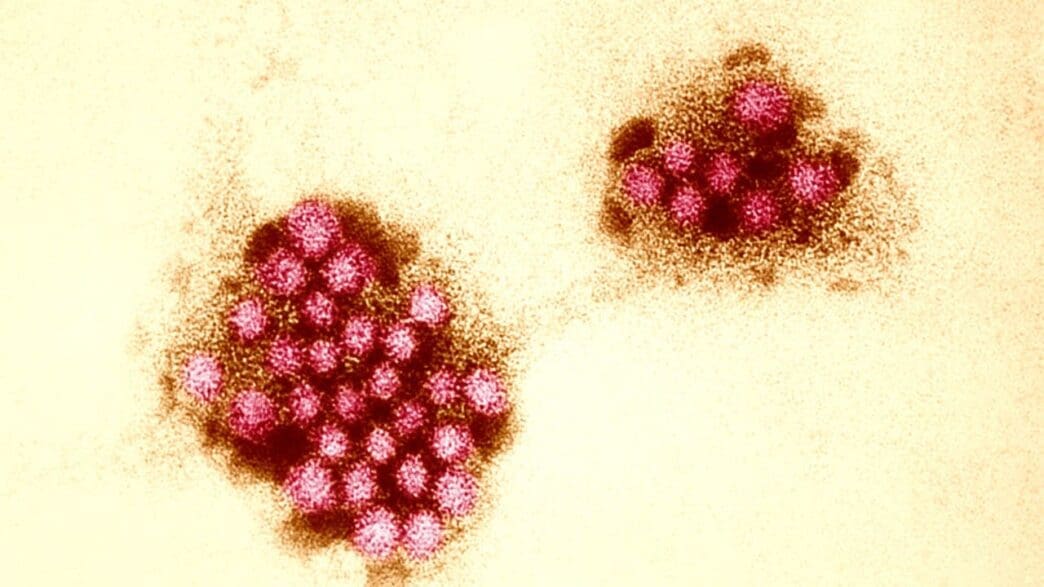Norovirus cases have significantly increased in the United States, with outbreaks reaching 91 in early December, compared to 69 in late November. This spike exceeds typical seasonal averages, raising public health concerns.
Norovirus, a highly contagious virus, is the primary cause of foodborne illnesses in the United States. It accounts for 58% of these infections annually, according to the CDC. A mere 10 viral particles are enough to cause illness, making it easily transmissible. Approximately 2,500 norovirus outbreaks are reported yearly, with the majority occurring from November to April. Apart from causing vomiting and diarrhea, symptoms often include nausea, stomach pain, body aches, headaches, and fevers.
The CDC reports that norovirus outbreaks primarily occur when infected individuals spread the virus through direct contact, shared food, or contaminated surfaces. These outbreaks are common in locations where people are in close quarters, such as cruise ships, nursing homes, schools, and jails. Symptoms can develop suddenly within 12 to 48 hours post-exposure and persist for one to three days, with complete recovery expected. Despite this, the virus causes approximately 19 to 21 million illnesses annually in the US, leading to 900 deaths and 109,000 hospitalizations, particularly among older adults.
Individuals of all ages can contract norovirus. However, young children, the elderly, and those with compromised immune systems are most vulnerable, especially to dehydration caused by vomiting and diarrhea. In the absence of specific treatment, rehydration through fluids is crucial, and signs of dehydration, such as reduced urination, dry mouth, dizziness, or unusual sleepiness in children, require medical attention.
To protect against norovirus, experts recommend rigorous handwashing with soap and warm water for at least 20 seconds, especially before eating. Disinfecting surfaces can also help prevent the virus’s spread. Health authorities emphasize these precautions as effective defensive measures during peak seasons.
Norovirus remains a significant public health challenge during the winter months, with reported outbreaks surpassing previous records. Vigilant hygiene practices are essential to curb the spread and minimize the virus’s impact, particularly on vulnerable populations.
Source: Fox13news








